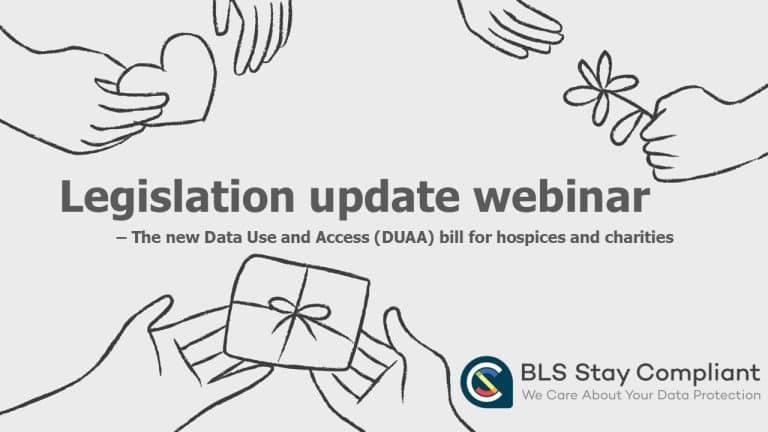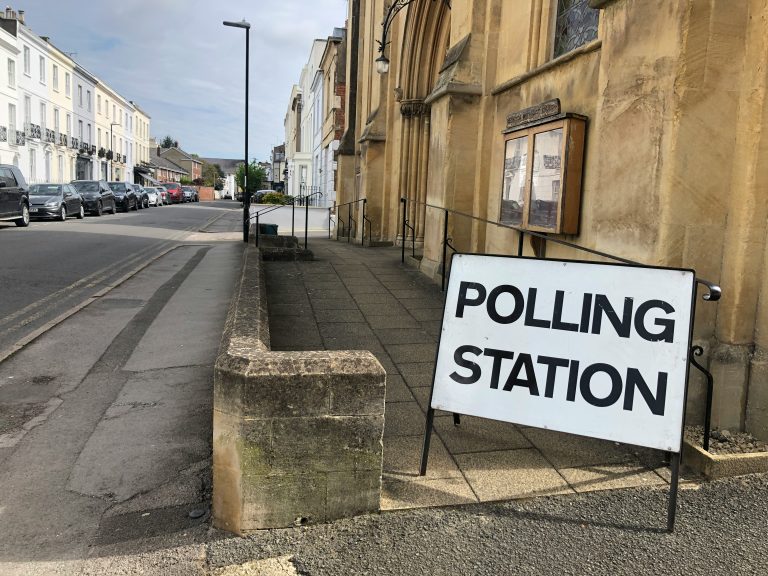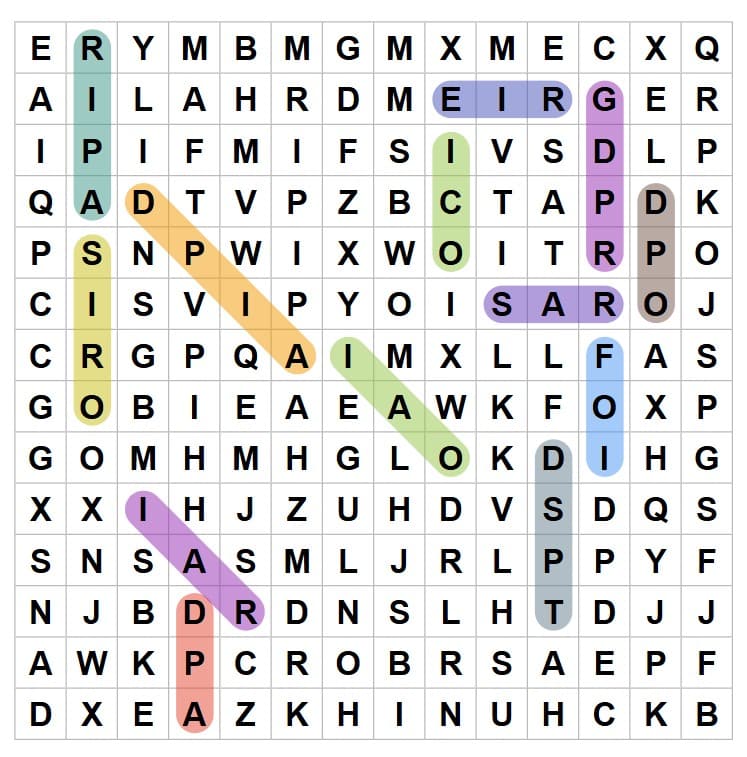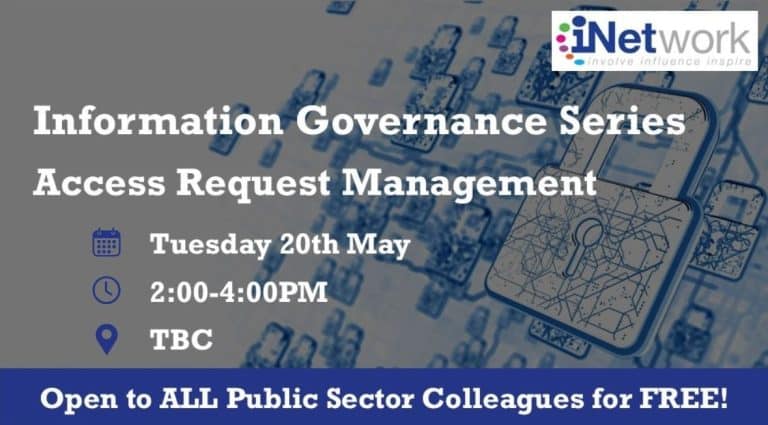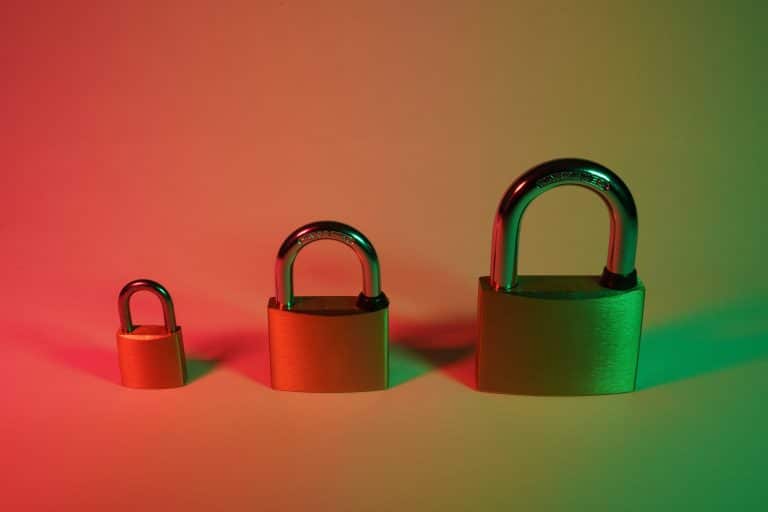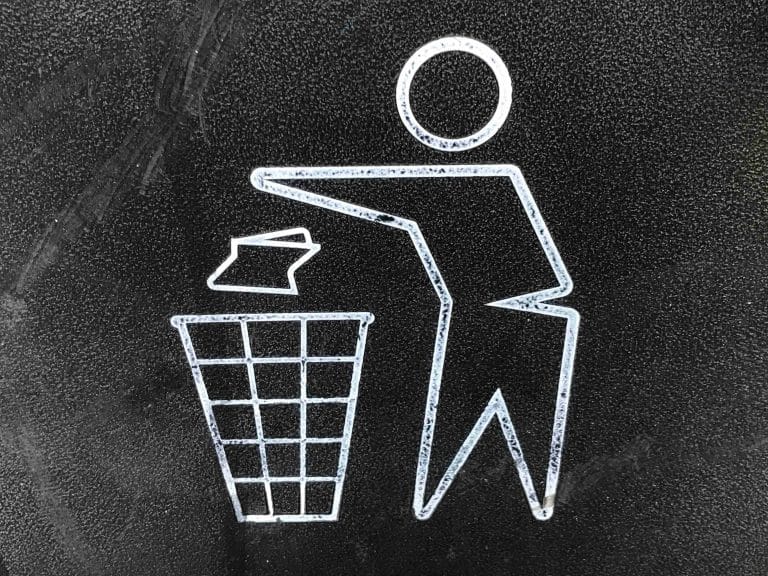What happens to your personal data during a general election?
With the United Kingdom due to go to vote on 4th July, the country is at the height of campaign trails and you may be wondering how your data protection is used during a General Election.
Aside from the voting itself, how else might those campaigning use your personal data and what do they have the right to access?
As a general rule, political parties must make it clear how they are using data, at all points of their campaign.
Political parties are given the right to access the electoral register, which includes names and addresses. They often use this data to send campaign information or voting details.
Electoral law does allow campaigners to use this information to send out a single election or referendum mail via Freepost. This is allowed regardless of whether you have opted out of marketing from that party previously, although you should only receive it once.
If you have requested no information be sent from parties, then aside from the one Freepost mailer allowed by election law, this should be respected and parties should make it clear how you can opt out should you later decide to.
If you do receive direct mail, it should include information regarding what the party is planning to do with your information. This information should also be clearly found on the political party’s website, usually in the privacy notice.
Other methods of contact may include SMS messages or emails, which the party should only use if they have your consent. Telephone calls may also be used, however this should be at the party’s discretion based on whether you would be happy to receive such a call, such as whether you have registered for the Telephone Preference Service (TPS) and again, not if you have opted out.
This year, for the first time in England, Scotland and Wales, all voters will be required to show valid photo ID. This can be done in private if you prefer and the only people required to see this are polling station staff who will use it whilst confirming your identity. If you do not have photo ID, you can apply for the Voter Authority Certificate before 26th June.
If you have any concerns about how your data is being used, you can contact the Information Commissioner’s Office.
Our team have worked with the electoral commission for many years and are well versed in the process. If you need help designing a privacy notice that suits your service, or need assistance with handling data, we can help guide you, do get in touch!


